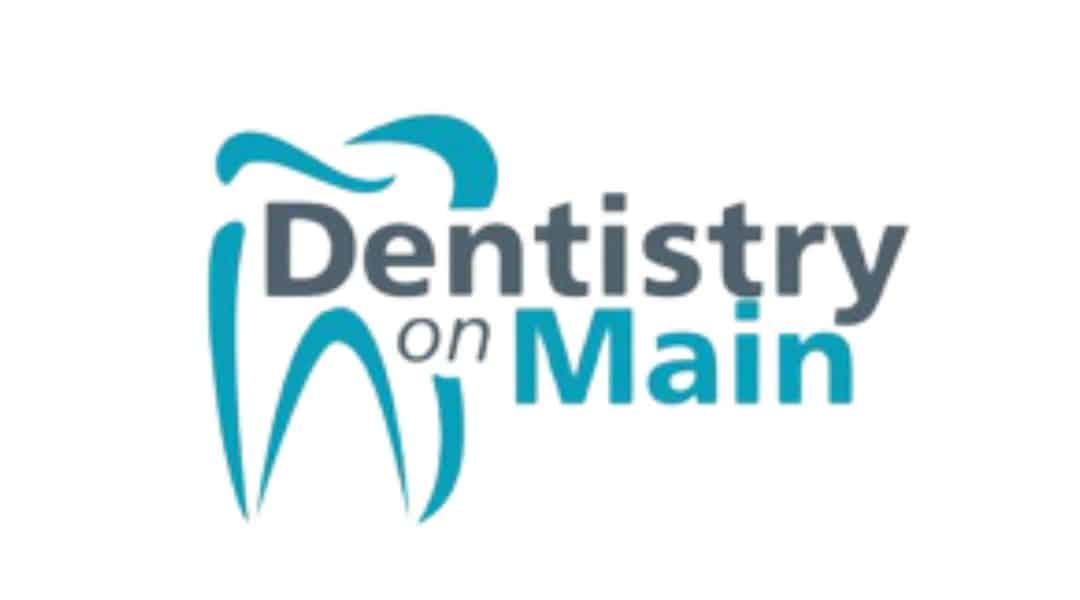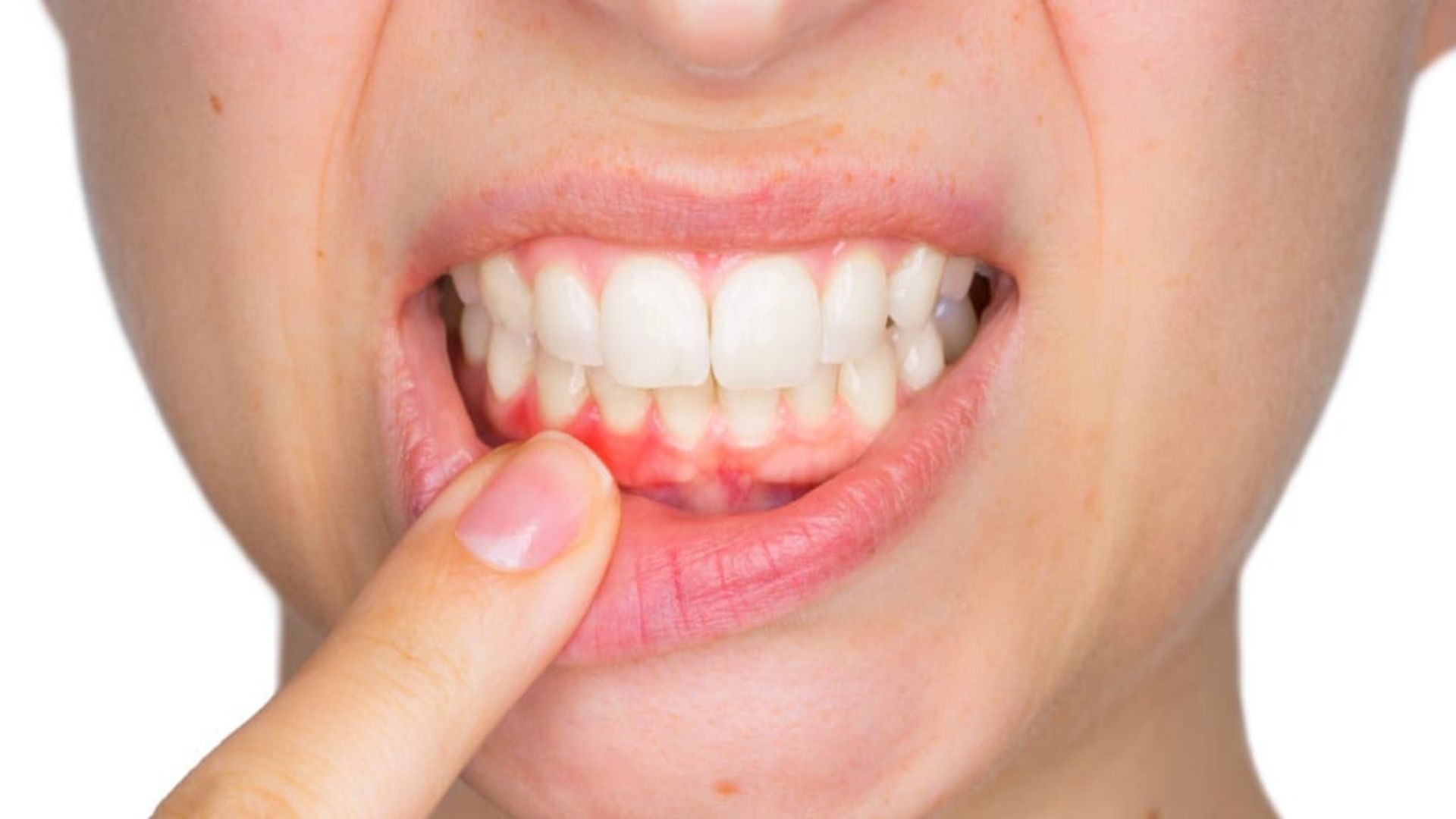5 Common Causes of Bleeding Gums
Yikes, bleeding gums! You may panic a little bit when you are brushing your teeth in the morning before going to work, and you start to notice some blood coming out from your mouth.
But, before you freak out, keep in mind that gum tissues bleed for a variety of causes, some of which are quite natural.
In most cases, this should be normal and nothing you should be worrying about. However, sometimes this can be an underlying symptom for a more problematic disease.
So, what are the most common causes of bleeding gums?
Dental issues
Gingivitis
Gingivitis is a very common condition that occurs when plaque is left on the gum line for extended periods of time. It’s mostly dirt and bacteria that stick to your teeth that’s referred to as plaque.
Plaque is removed by brushing your teeth, which might help you avoid cavities (dental caries). If you don’t brush and floss properly, plaque may remain on your gum line.
If plaque is not eliminated, it can harden into tartar (calculus), which causes more bleeding. Gingivitis can also be caused by plaque buildup near your gums.
Periodontitis
When gingivitis progresses, periodontal disease (periodontitis) might develop. Periodontal disease is an infection of the gums, jawbone, and tissues that support your teeth and gums. Your teeth may loosen or fall out because of periodontitis.
Vitamin Deficiencies
Vitamin D
Vitamin D is essential for maintaining the health of your teeth.
According to Vitamin D Deficiency and Oral Health: A Comprehensive Review, vitamin D deficiency can cause gingival inflammation, cavities, and gum disease, among other oral health issues. It’s because it’s important for bone and tooth mineralization. But don’t worry supplementing with vitamin D is a simple treatment for bleeding gums. Salmon, mackerel, and herring are all oily fish that contain it. Some foods, such as milk and breakfast cereals, are fortified with vitamin D.
Vitamin C
Vitamin C is not just beneficial for your teeth; it’s also fantastic for your gums. Vitamin C supports the health and strength of the connective tissues in your gums, which hold your teeth in place, therefore shortages can lead to bleeding gums and gum disease. In addition, vitamin C supplementation reduced erosive tooth wear in children. Vitamin C is abundant in citrus fruits, peppers, sweet potatoes, broccoli, berries, and kale, so you’re probably receiving a lot of it in your diet. Supplements are frequently accessible as well.
Have a habit of putting a bottle of vitamin C in your car or beside your bed to remind yourself to take it every day.
Medications
If you’ve only recently begun suffering severe gum bleeding and have recently started a new medicine, the medication could be the cause. Certain medications can make you more likely to have heavy bleeding, like:
Blood Thinners or Anticoagulants
Aspirin, anticoagulants, and blood thinners like warfarin or heparin are examples of drugs that can help prevent heart attacks and strokes.
Many people require these drugs because they reduce the blood’s capacity to clot. These drugs, on the other hand, can induce bleeding gums.
This is particularly problematic during periodontal disease or oral surgery treatment. Your dentist must be aware of any medications you’re taking so that you get the best care possible.
Antidepressants
Antidepressants have been shown to harm bone health, increasing the risk of gum disease, tooth decay, oral yeast infections, foul breath, and implant failure.
Dry mouth is another side effect of these drugs, which can lead to additional dental issues. Many people require antidepressants for a variety of reasons.
Blood Pressure Medications
Heart rhythm drugs, calcium channel blockers, angiotensin-converting enzyme inhibitors, beta-blockers, and diuretics are some of the most widely given blood pressure medications.
Gum swelling or expansion is a common side effect of several drugs. This swelling may cause bleeding in the gums or make it difficult to clean the teeth correctly. Brush with a soft-bristled toothbrush in moderate movements to reduce bleeding. As a result, can cause bleeding gums.
Do not discontinue taking any medications without talking to your doctor. Also, your dentists in Brampton are always there to help you.
Brushing Too Hard
Most people believe that the harder they brush their teeth, the cleaner they will be. This isn’t correct. Brushing too hard can damage your enamel as well as cause gum soreness, pain, and bleeding. Brush bristles that are twisted or torn are a common symptom that you’re brushing too hard.
Thankfully, if this is the cause of your bleeding gums, it’s a simple remedy. Instead of cleaning your teeth and gums as hard as you can, consider brushing them as a massage.
Stress
Although stress isn’t the cause of bleeding gums, it can play a role. When you’re stressed or anxious, your immune system is weakened, making it more difficult to prevent gingivitis and the latter stages of gum disease.
Stress also creates inflammation, which hinders your gums from healing. If your body has been fighting gingivitis, it may no longer be able to do so during stressful times, resulting in symptoms like bleeding gums.
To combat this, you should attempt to reduce stress while simultaneously improving your oral hygiene to eliminate the gingivitis/gum disease that is causing your bleeding gums.
Treatment of bleeding gums
The first step in treating bleeding gums is to maintain good oral hygiene.
Professional cleanings should be done twice a year at your dentist. Using dentists in Brampton, you can schedule an appointment with a dentist in your region. If you have gingivitis, your dentist will tell you and show you how to wash your teeth properly. Brushing and flossing properly can help remove plaque from your gum line and lower your risk of periodontal disease.
Your dentist may also demonstrate how to use an antibacterial mouthwash to reduce plaque formation. A warm salt water rinse might also help to ease swollen, bleeding gums.
The last word on bleeding gums
While bleeding gums are the most prevalent indication of dental problems, there are other possibilities.
Make an appointment with your primary care provider to find out if your bleeding gums are the result of a dental problem. A physical exam and blood tests can help you figure out what’s causing your bleeding. Your treatment will be different depending on your condition.



